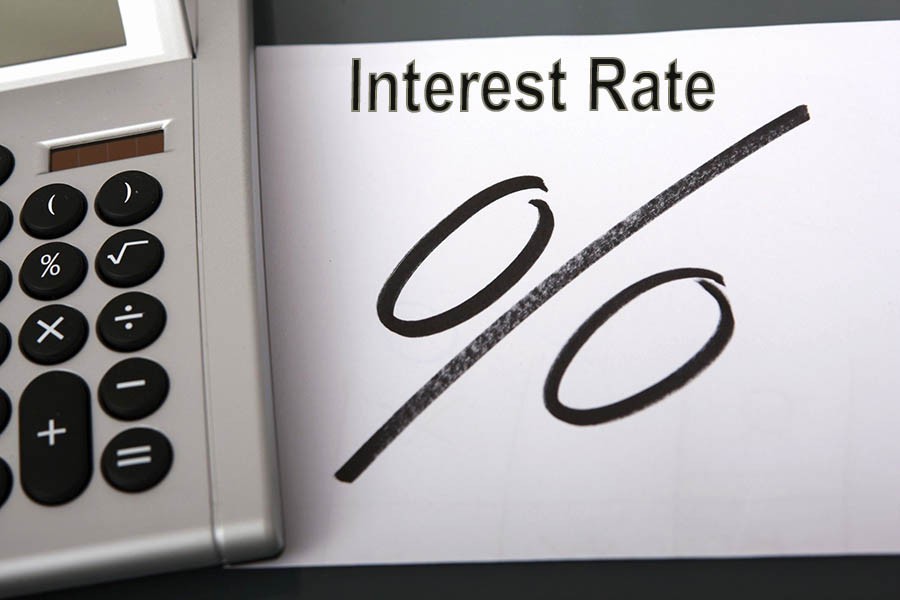The Bank of England (BoE) looks set to raise interest rates on Thursday to their highest level since the financial crisis almost a decade ago.
The fifth largest economy of the world has slowed since the referendum decision in June 2016 to leave the European Union.
And with less than eight months until it leaves the bloc, London and Brussels remain far apart on what the future trading relationship should look like.
But the central bank Governor Mark Carney says that even if Britain’s economy is growing only modestly, it risks overheating unless borrowing costs rise from their crisis-era emergency lows, something the central bank began in November with its first rate hike in more than 10 years.
All bets on where BoE rates are headed will be off, however, if Britain fails to get a Brexit deal, Carney has said.
Several economists have challenged the need for a rate hike now, given not only the Brexit risks but also the potential damper on global growth.
Nevertheless, investors have put almost a 90 per cent chance on a hike in Bank Rate to 0.75 per cent from 0.50 per cent on Thursday, according to market prices.
A survey published by the British Chambers of Commerce on Thursday showed half of British firms planned to increase pay by more than 2.0 per cent over the next year, echoing other signs of a slow improvement in pay growth.
Economists polled by Reuters mostly expect a 7-2 vote by the Monetary Policy Committee (MPC) in favour of a rate hike on Thursday.
In May, the lander said inflation in two years’ time would fall to its 2.0 per cent target based on expectations in the markets of three 25 basis-point rate hikes over just over two years.
The BoE is due to announce its interest-rate decision at 1100 GMT, and Carney will chair a news conference at 1130 GMT.


